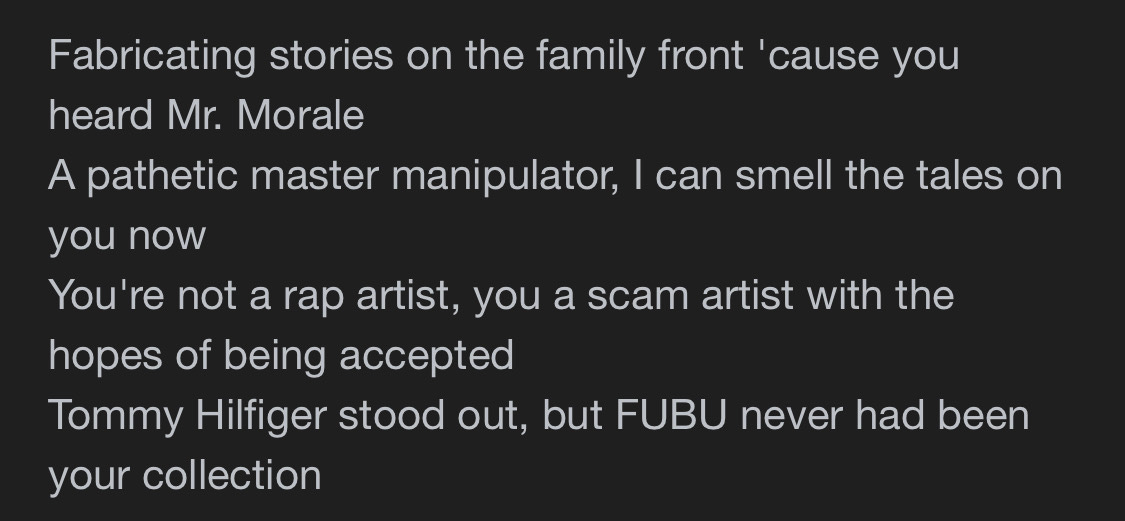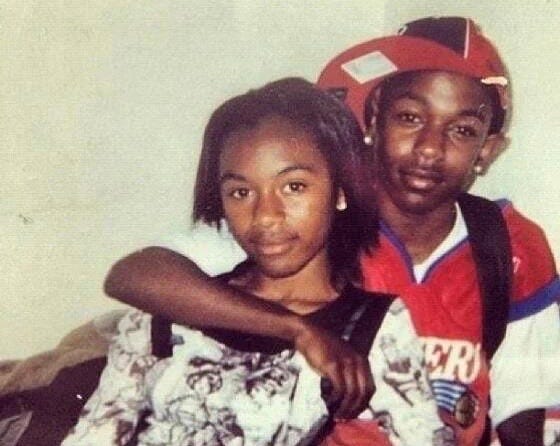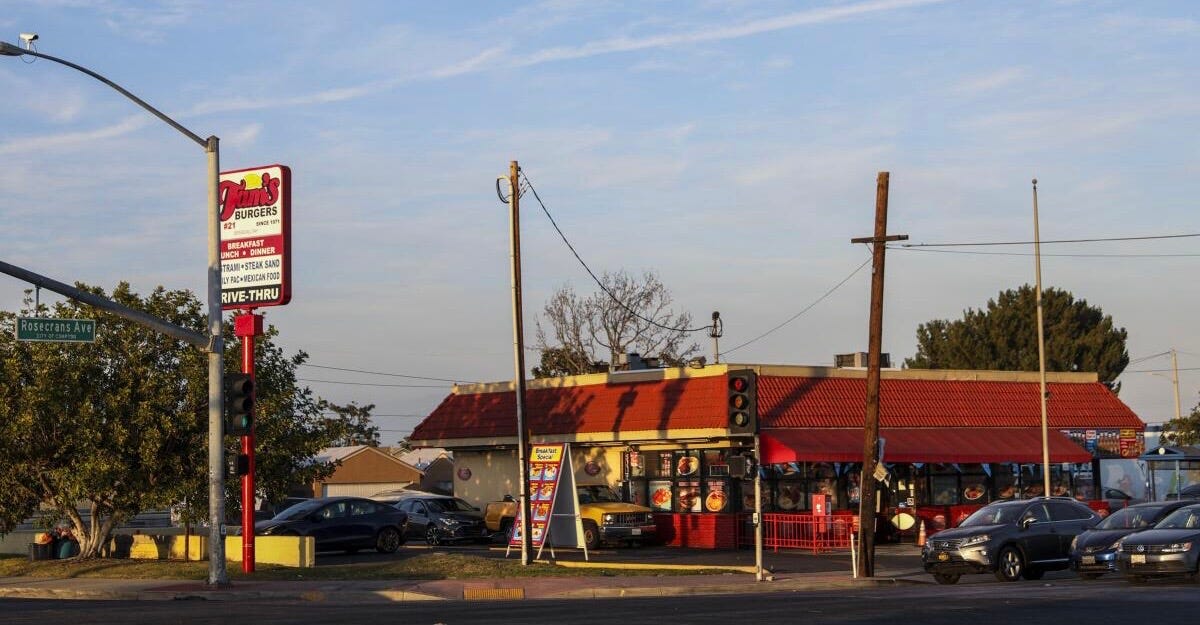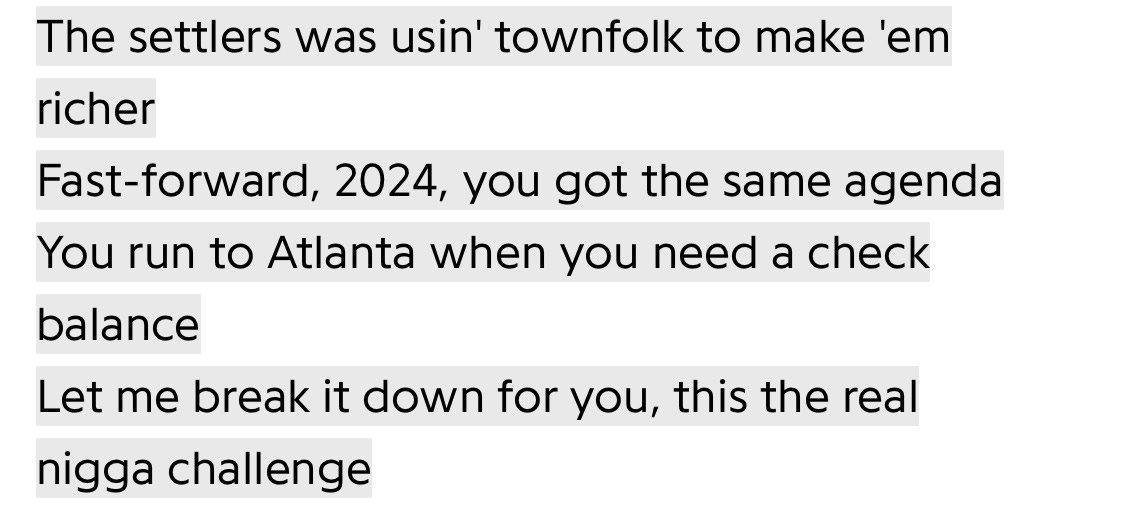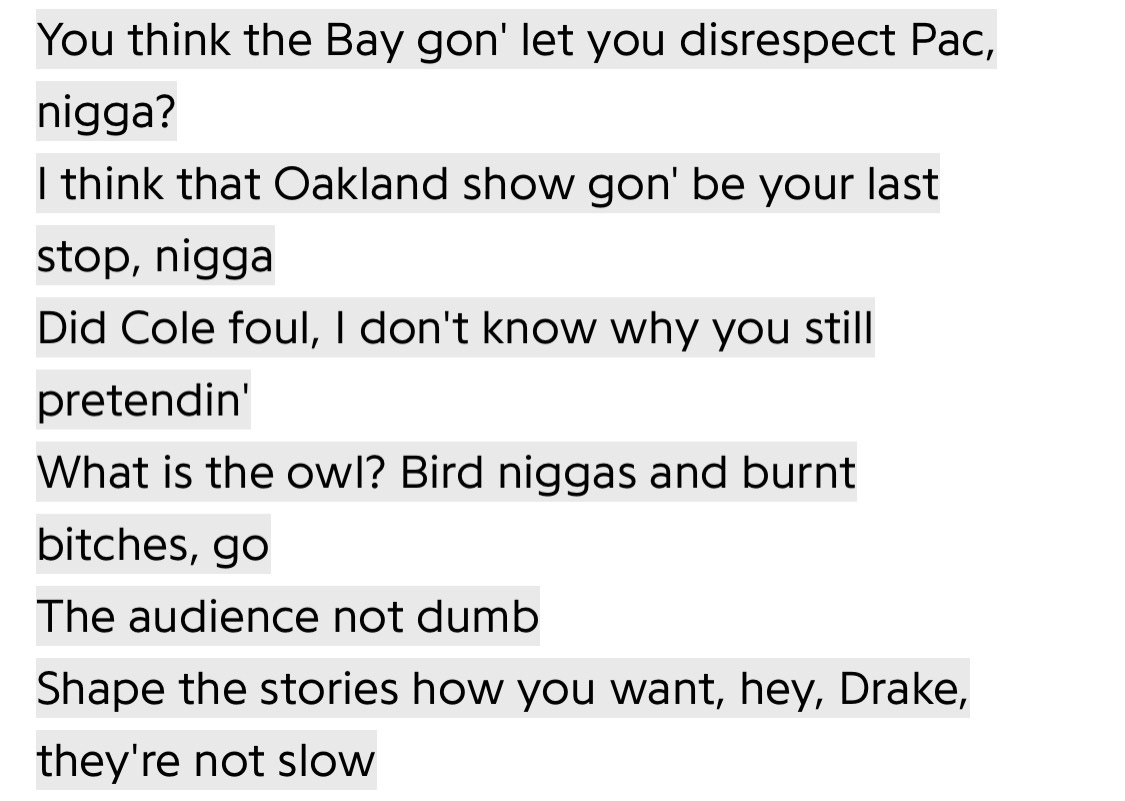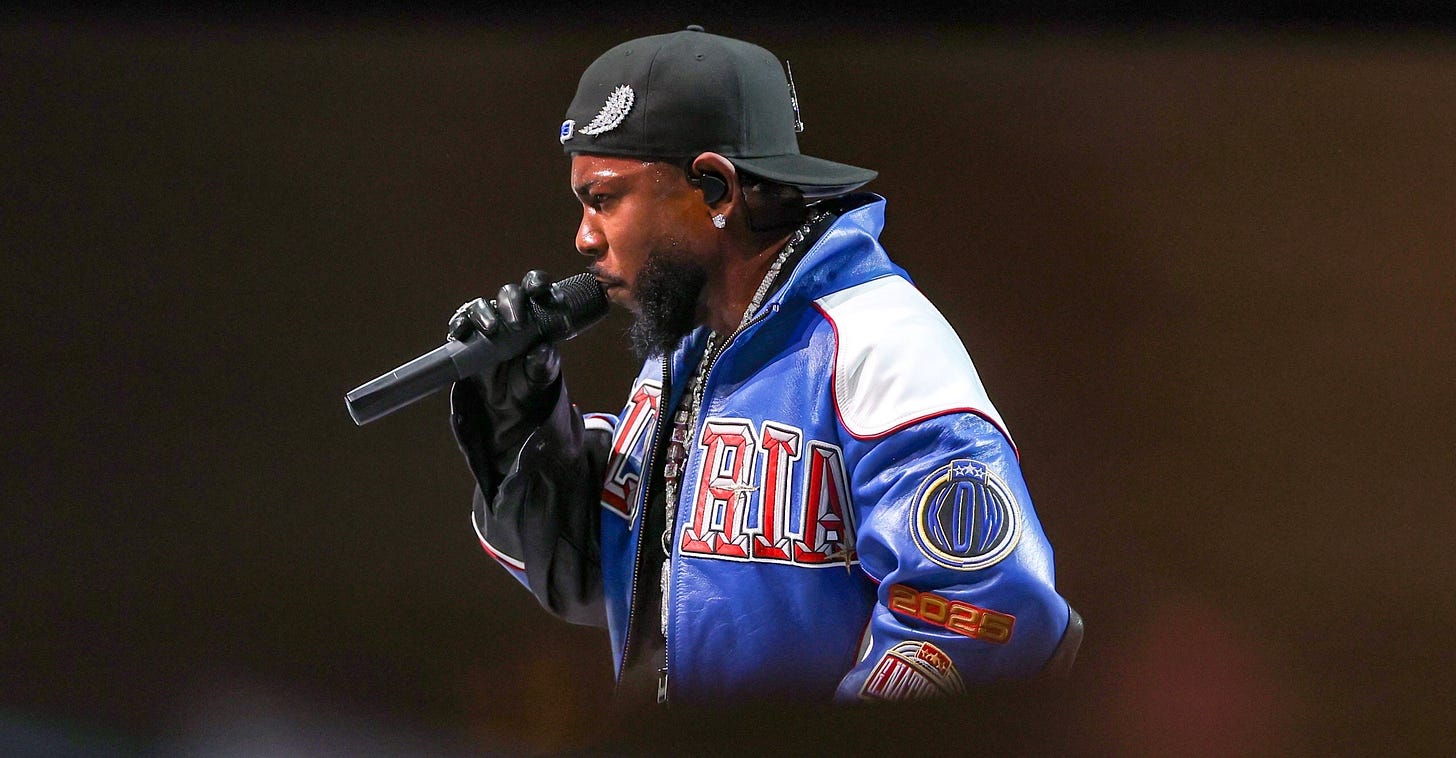Meet The Artist
Meet Aubrey Drake Graham, born on October 24, 1986 in Toronto, Canada to parents Dennis and Sandi Graham.
According to Drake, in a Business Insider article written by Callie Ahlgrim, he grew up “dirt poor, like broke” in Weston Road, located in the west end of Toronto, Ontario.
However, when pressed with the information that he and his family eventually relocated to a rather affluent and upscale neighborhood called Forest Hill, Drake sticks to his story by essentially claiming that, since he didn’t move to Forest Hill until he entered the sixth grade, he technically did not grow up there.
To me, this reads as an artist attempting to sell a story, a story of a man who came up from nothing, climbed the ladder, and grew into the big sensation you all know and love today. A man with a humble upbringing, someone you as an individual could aspire to be.
However, I don’t personally know of many kid’s living in poor areas who attended private schools in their grade years. No, you were grouped into the underfunded public schools like the rest of us, whose parents also couldn’t afford any better. Watery macaroni and cheese paired with milk and lukewarm hamburgers to match.
But, wait….didn’t Kendrick Lamar mention this in one of his songs? Two of them? All of them?
Wouldn’t this be the same Kendrick Lamar who is all the rage, as of February 9, 2025? Thee KDot the general public has essentially crowned as the hater king? The lyrical genius who has been involved in the most high profile artist beef since Tupac and Biggie?
You have most likely stumbled across a tweet, a TikTok, or even a Tumblr post that has claimed something along the lines of “Kendrick is the biggest hater of all time”; maybe you’ve even chuckled as you clicked the like button on these posts, not thinking too much of it, because why would you?
As far as the general public is concerned, this whole debacle has been all in good fun! We’ve gotten several televised events featuring Kendrick playing “Not Like Us”, lighting up entire stadiums with crowds that gleefully cheer “a minor” as the lyrics swing about. We’ve been exposed to and fed heaping spoonfuls of replayed and well-loved songs such as “Euphoria”, “Not Like Us”, and “Meet The Grahams”.
But, is this all truly as cut and dry as it seems from the outside? Is this really nothing more than a petty squabble between a man with, let’s be real, mediocre talent and an artist with a skyrocketing career, who should be too preoccupied with his own works to entertain something that is, frankly, beneath him?
Drake is not the first, nor will he be the last, rapper to spin stories of a life they know nothing about in an effort to appeal to their target and desired audiences; in this case, the African American community, who are no strangers to having their culture, their dialects, their foods, their music styles appropriated and cheapened for a quick and easy cash grab.
Once these gentrifiers ultimately reach their peak, they make zero effort to help and support the communities responsible for the boosts they brag so much about. They’re happy to take the credit and shed themselves of the personas they donned like a second skin, ready to settle back into the comfortable lifestyles they’ve always been familiar with.
Meet Kendrick Lamar Duckworth, born on June 17, 1987 in Compton, California to parents Kenny Duckworth and Paula Oliver.
In an article published by The Dowsers and written by Sam Chennault, Kendrick speaks about witnessing his first murder at age five, growing up in an area known for its high-crime rate and gang violence.
“A guy was out there serving his narcotics and somebody rolled up with a shotgun and blew his chest out. Admittedly, it done something to me right then and there. It let me know that this is not only something that Im looking at, but it’s something that maybe I have to get used to.”
The second time Kendrick witnesses a murder is a mere three years later, six blocks down from where he grew up. It had taken place in an establishment called Tam’s Burgers on Central and East Rosecrans, an iconic spot in Compton that has long since closed.
Though a fond memory, it is often tainted bittersweet for Kendrick by the knowledge that this was also the exact location Suge Knight hit and killed Terry Carter in 2015.
You’re probably asking yourself “Okay, but what does this have to do with Drake? So what if he didn’t grow up the same way Kendrick did, that doesn’t mean his life wasn’t hard!”
This almost directly ties back into the lyrics Kendrick chooses to weave within his songs; songs that describe Drake as a scammer, a master storyteller, a fake, a phony, you catch my drift.
Someone who truly isn’t about the life he claims to be familiar with, as opposed to someone whose formative years were marked by violence and bloodshed.
Drake is a mere iteration of all the artists before him who’ve taken bits and pieces from other people’s lives, fit together like a poorly glued-together puzzle in an effort to showcase just how hard they are, how OG Original Gangster they want you to believe they are.
He’s not even creative with his lies, though I can’t exactly fault Aubrey for that. Originality doesn’t strike me as something that comes to him naturally, or easily. Why construct new lies when you can stick to the blueprint already laid out for you?
This is not just about taking cheap shots at the long-dead horse, this is a direct callout to every single artist, every musician, every celebrity who has ever taken stories from people who’ve actually lived the life of struggle, who grew up surrounded by African American culture, who learn on a day to day basis what it truly means to be Black in America; this is not yours to take, nor yours to profit off of.
Kendrick Lamar is one of many Black musicians working to preserve and highlight Black culture. And I have a feeling he’s only getting started.



